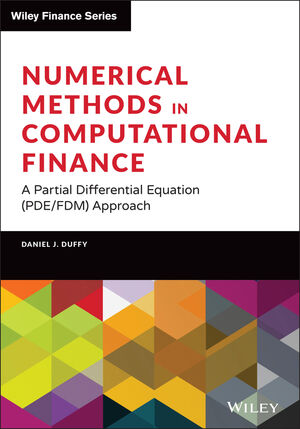- Joined
- 4/16/22
- Messages
- 14
- Points
- 13
Hi I'm graduating with a pure math major in some ivy league institution in the US. I think I have strong courseworks (bunch of pure math courses ranging analysis and algebra, including elliptic PDE and measure theoretic probabilitu theory and four grad level courses) and decent gpa(3.75) but they are almost all pure math courses. I also have taken two programming related courses in Java but do not have legitimate projects to present in my resume. Now, I do not have any research experience nor internship experience during all my four years due to some personal reasons. I am going to masters program to compensate this. I was fortunately accepted to applied/computational math masters program into highly reputable institution(#6 in US news if that's relevant). Here, the said school is located in Chicago and I am able to take a lot of statistics courses. In general, there is a lot of flexibility. I originally intended to pursue PhD specializing in PDE but the idea of becoming a quant also attracts me. Do you think it is possible to land a career in finance with my background right out of masters degree? Why or why not? If so, do you have any advice for me?
